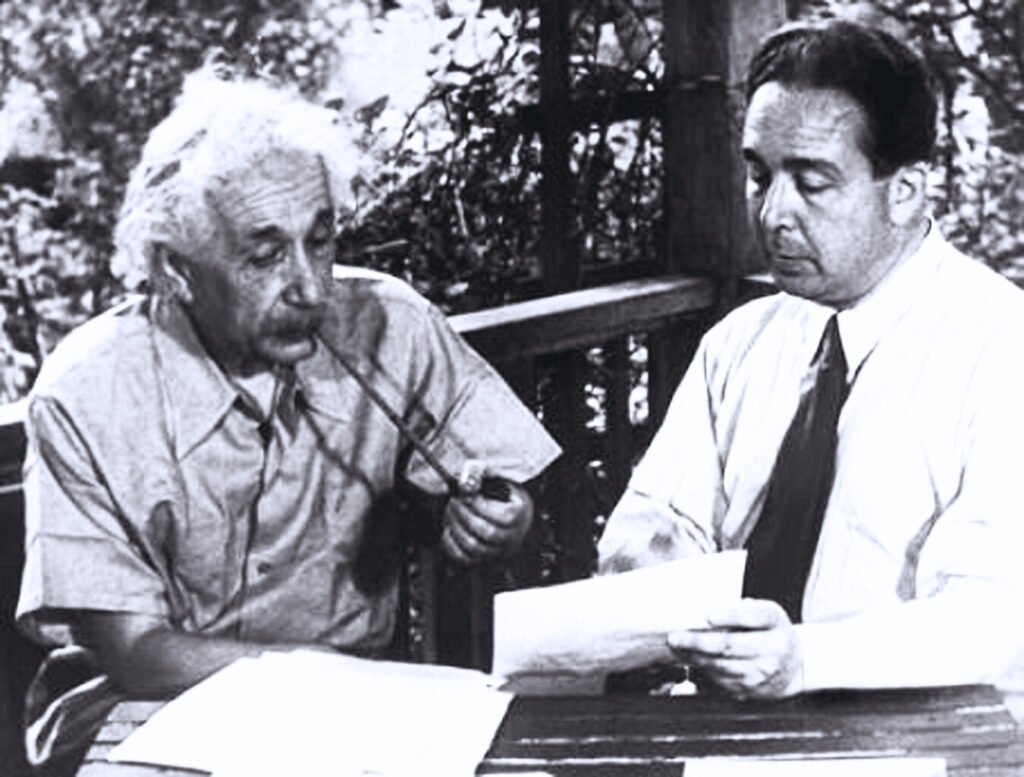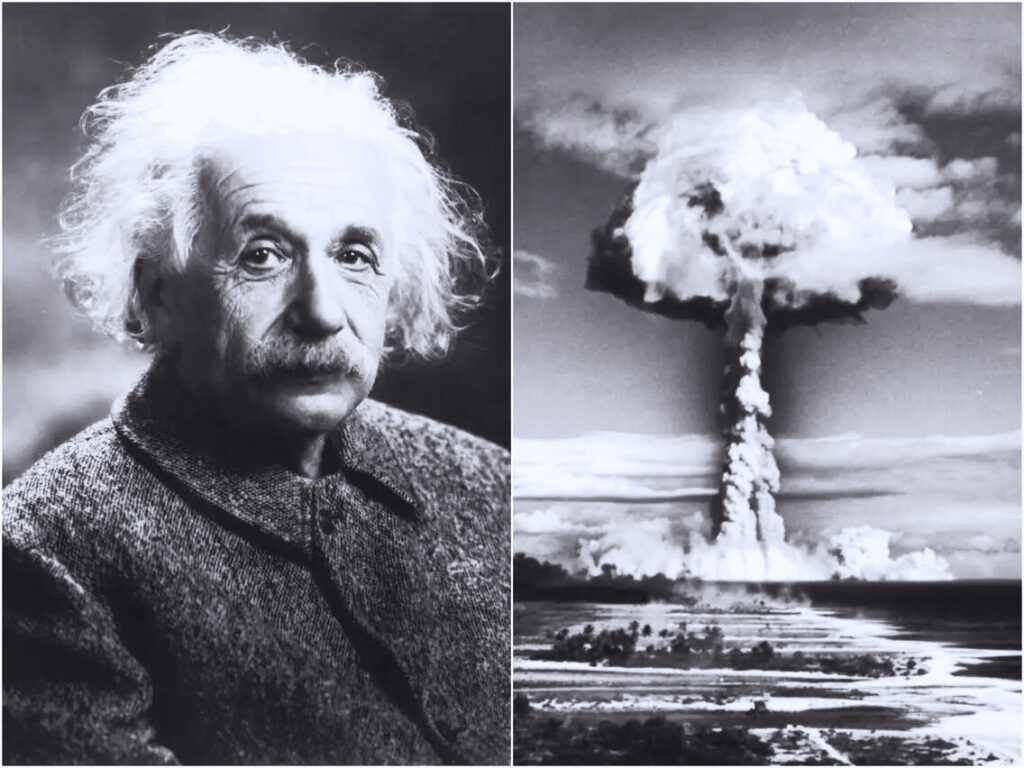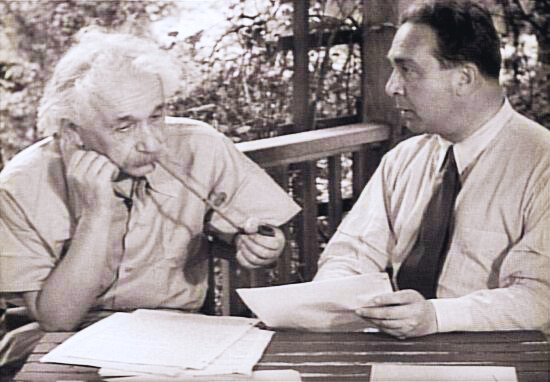Introduction
In the annals of history, certain letters echo louder than others. One such missive that resonates through time is the letter penned by Albert Einstein to President Franklin D. Roosevelt. This article delves deep into the historical corridors to unearth the compelling reasons behind why Einstein wrote a letter to Franklin Roosevelt, unraveling a tale that intertwines genius, politics, and world-changing events.
Why Did Einstein Write a Letter to Franklin Roosevelt?

Einstein’s letter to Franklin Roosevelt, written in 1939, was driven by profound concern. With the rise of Nazi Germany, Einstein, a prominent physicist, feared the possibility of Germany developing atomic weaponry. In a stroke of foresight, he recognized the devastating potential of such a creation, not just for his native Europe, but for the entire world. This fear, rooted in his deep sense of responsibility to humanity, impelled him to write to President Roosevelt, urging the United States to initiate its own atomic research, a pivotal moment that eventually led to the Manhattan Project.
Einstein’s Plea: A Turning Point in History

Einstein’s letter was more than a scholarly correspondence; it was a catalyst. Roosevelt, recognizing the gravity of Einstein’s words, established the Advisory Committee on Uranium. This marked the official beginning of atomic research in the United States. Einstein’s plea, borne out of concern, thus transformed into a pivotal turning point that eventually shaped the outcome of World War II.
FAQs
Q: What specific concerns did Einstein have about Nazi Germany and atomic weapons?
Einstein was deeply concerned that Nazi Germany’s scientific community could harness atomic energy for destructive purposes, potentially altering the course of the war and humanity’s future.
Q: How did Roosevelt respond to Einstein’s letter?
Recognizing the urgency, Roosevelt established the Advisory Committee on Uranium, initiating atomic research in the United States and paving the way for the Manhattan Project.
Q: Did Einstein’s letter directly lead to the creation of the atomic bomb?
While Einstein’s letter was a significant catalyst, the creation of the atomic bomb involved extensive scientific research and collaboration under the Manhattan Project.
Q: What role did Einstein play in the development of the atomic bomb?
While not directly involved in the project, Einstein’s letter spurred awareness, leading to increased funding and focus on atomic research.
Q: How did the Manhattan Project impact the outcome of World War II?
The successful development of the atomic bomb under the Manhattan Project led to its deployment in Hiroshima and Nagasaki, hastening the end of World War II.
Conclusion
Einstein’s letter to Franklin Roosevelt stands as a testament to the power of scientific foresight and social responsibility. It was not merely a written correspondence but a catalyst that altered the course of history. In the face of uncertainty, Einstein’s action showcased the potential for scientific minds to influence political decisions, emphasizing the delicate balance between knowledge and responsibility.
Read also: Why Did Nationalist Tensions Emerge in the Balkans?




